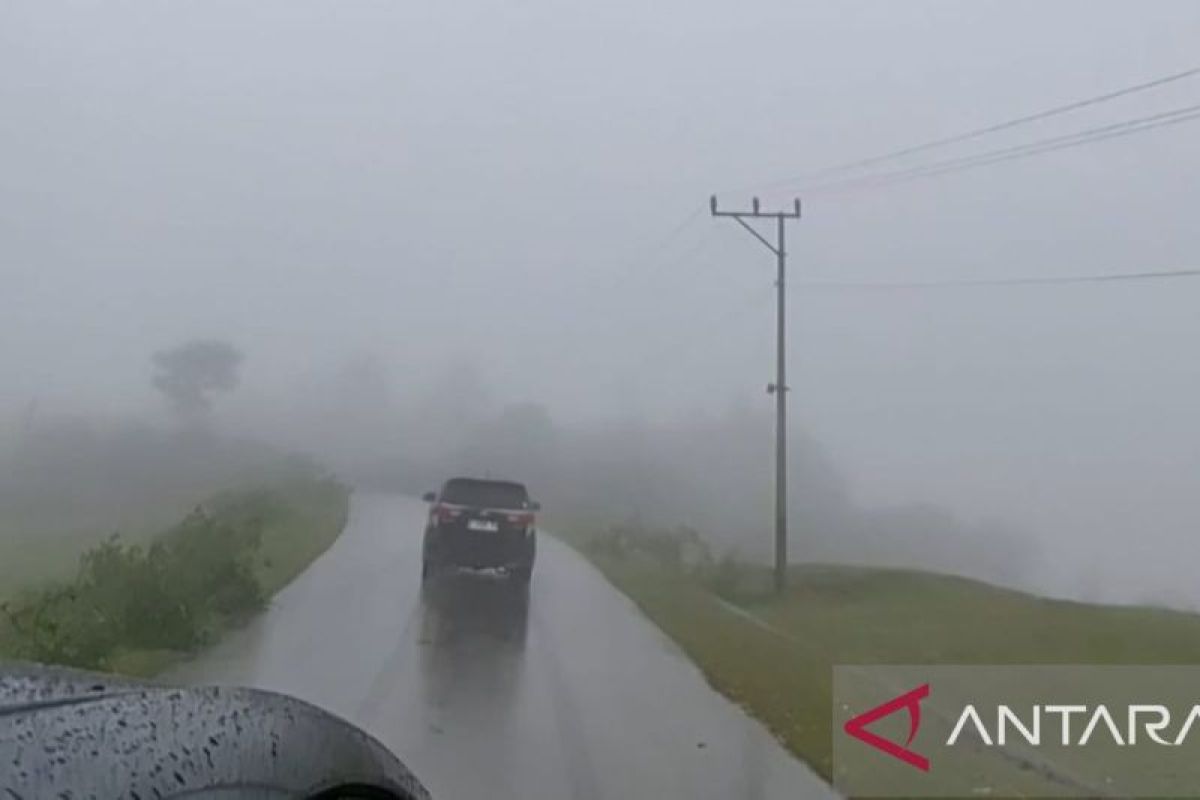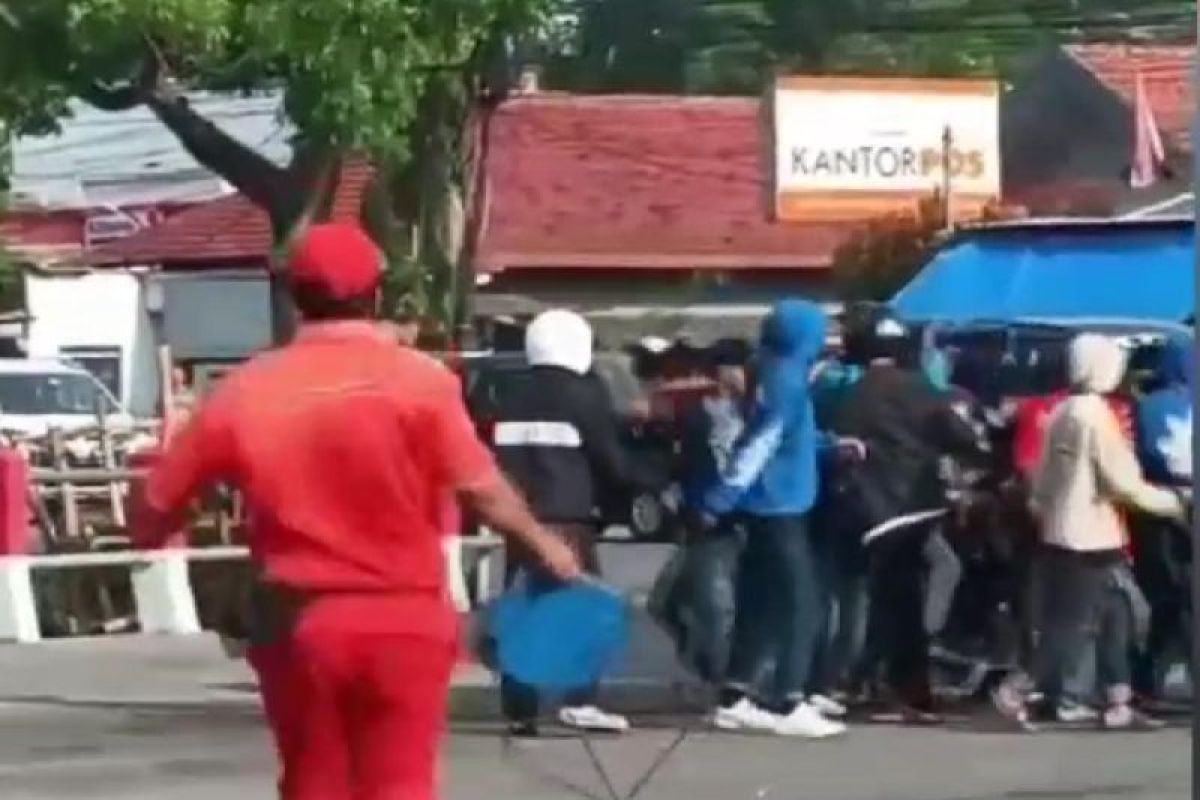Israeli Troops Withdraw, Gaza Residents Search for Bodies of Relatives in Rubble
The destruction in Wadi Gaza, the only wetland area in the Gaza Strip, is extremely catastrophic.

TEMPO.CO, Jakarta - With very heavy steps, Emad al-Ramli (45), a Palestinian man from the city of Al-Mughraqa, Central , walked through the area left devastated by the Israeli forces on both sides of the Netzarim Corridor. This is a route that divides Gaza into northern and southern zones as reported by Xinhua and cited by Antara on Monday, February 10, 2025.
The destruction in the only wetland area in the Gaza Strip, Wadi Gaza, was extraordinarily catastrophic. Buildings that once stood tall have been reduced to rubble, roads destroyed, and all signs of life vanished.
The father of seven stood in silence, struggling to comprehend the scale of the devastation. Homes that were once filled with the laughter of children had been reduced to scattered debris.
"What are we seeing here? Is this a nightmare, or reality?" Al-Ramli murmured with a voice choked by emotion. "Israel is not only fighting Hamas, but also all of us. They want to shatter our hopes and make us desperate," he said with teary eyes.
However, the horror of the destruction was not the only shocking thing. When he joined a group of neighbors, his foot stepped on something partially buried in the sand. As he bended down, he discovered human remains.
Trembling, he cried, "There's a martyr here! There are human remains here!"
Al-Ramli was not the only one to feel the horror. Those who returned to Wadi Gaza witnessed unimaginable destruction, with corpses strewn about, some clearly visible, while others buried under rubble.
As survivors returned to their homes in Wadi Gaza, they walked amidst the rubble, feeling like strangers in their own land.
Abdul Salam Hamoud (33) came with his three brothers to search for their brother, Ahmed, who had been missing since a year ago. Instead of finding his body, they had only found pieces of his clothing.
"This clothing signifies one thing, he is no more," he said with a trembling voice. "Here, life has stopped. All that's left is the echo of sorrow and death."
On Sunday, Israeli forces withdrew from the area known as the Netzarim Corridor. The move is part of the Israel-Hamas ceasefire agreement that came into effect last month, allowing Palestinians to move freely between northern and southern Gaza.
When survivors returned to their homes in Wadi Gaza, they were walking among the ruins, feeling like strangers in their own land.
Joudeh al-Maghribi, an 80-year-old Palestinian man, once had a five-story house that sheltered his extended family of 40 members. Now, everything has been reduced to ashes.
"Where should we go now? How can we begin to rebuild what has been destroyed by war?" he asked, standing still.
Al-Maghribi's house was among the 2,500 homes destroyed in the Israeli military's attacks, according to Jaber Abu Hajir, the Mayor of Wadi Gaza.
"The Israeli forces eradicated all signs of life in Wadi Gaza," said Abu Hajir. "They flattened 2,000 dunams (200 hectares) of farmland, turning the area into an uninhabitable ghost town."
"Corpses lay rotting in the open. The destruction is immense, and there are no resources to help the survivors. People have nothing but despair and regret," he described the situation as a "catastrophe in every aspect."
Abu Hajir called on the international community to intervene immediately in the effort to rebuild Gaza. "We cannot bear this suffering alone," he said.
The total death toll as a result of Israel's since October 2023 has reached 48,181 people, according to the Ministry of Health on Saturday, after rescue teams and Palestinians found more bodies under the rubble of buildings.
Editor’s Choice:
to get the latest news updates from Tempo on Google News




















